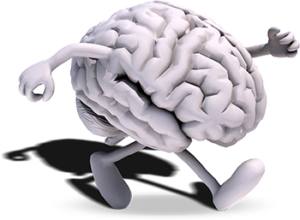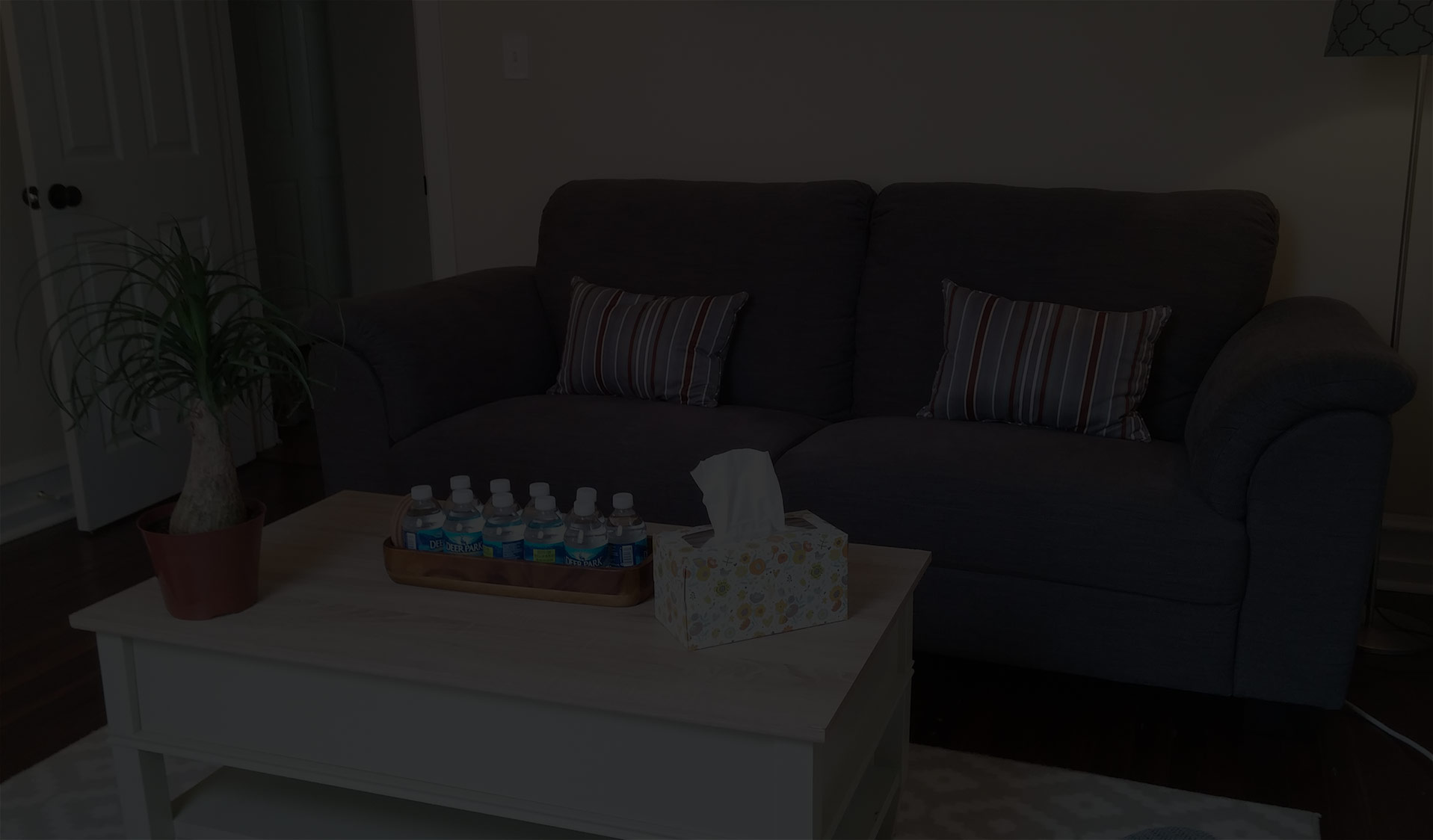WE CAN HELP
The difficult experiences one has in life can serve as the very reason one can be extraordinary. These challenges can make one feel alone in a confusing and sometimes overwhelming journey. We would be honored to have the opportunity to assist you in moving through challenges without judgement and with sensitivity to your individuality.
We have clinicians trained in Cognitive Behavioral Therapy (CBT) and with focused training in grief, trauma, and crisis intervention as well as structural family modalities, and adolescent specific needs. We also offer Department of Military and Veterans Affairs certified treatment to work with veterans of all ages and their families. We have years of experience working with anxiety, depression, parenting, pre- and post- natal concerns, and chronic and terminal diagnoses.
Our clinicians primarily use a conversational style and offer feedback when appropriate. We provide education for clients because we believe that when we understand why something occurs or why we are experiencing things in the way we are, we can feel more empowered toward change, forgiveness, and understanding of ourselves and others.
*Some insurance plans accepted, please contact to inquire.

AREAS OF EXPERTISE

Cognitive Behavioral Therapy

Grief

Depression
Symptoms of depression can include, but are not limited to, persistent feelings of sadness, anxiety, emptiness, hopelessness, irritability, guilt, worthlessness, loss of interest, low motivation or energy, sleep changes, difficulty focusing, change in appetite, physical aches and pains, and thoughts of self-injury or death.
An estimated 21.0 million adults in the United States had at least one major depressive episode in the past year. (National Institute of Mental Health)

Anxiety
Symptoms of anxiety can include, but are not limited to, racing thoughts, sleep disturbance, realistic or unrealistic fears, intrusive thoughts, irritability, difficulty focusing, worry and feelings of impending doom (“waiting for the next shoe to drop”). Physical symptoms such as racing heart, shortness of breath, panic attack, gastric symptoms, muscle tension and headaches can also occur.
Anxiety affects at least 80 million adults in the United States. (National Institute of Mental Health)

Veterans Specific Concerns

Parenting

Chronic Illness

Pre- and Post-natal Concerns
One can face issues of adjustment to their new identity as parent, the changes to their relationship with their partner, and the changes to their schedule after a birth or adoption.
Anxiety and depression during or after pregnancy can sometimes last upwards of a year post delivery. Symptoms can include, but are not limited to sadness, increased tearfulness, hopelessness, difficulty sleeping or sleeping more than average, anger, irritability, physical symptoms, and avoidance. Some parents may find difficulty bonding with the baby. This can create difficulty completing daily care activities for self and/or baby. Sometimes this can include thoughts of self-harm and / or harm to the baby.















